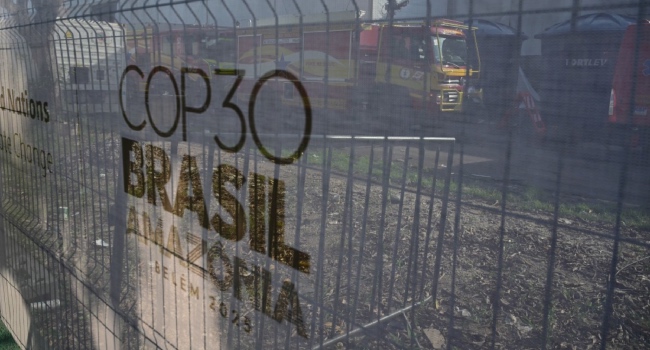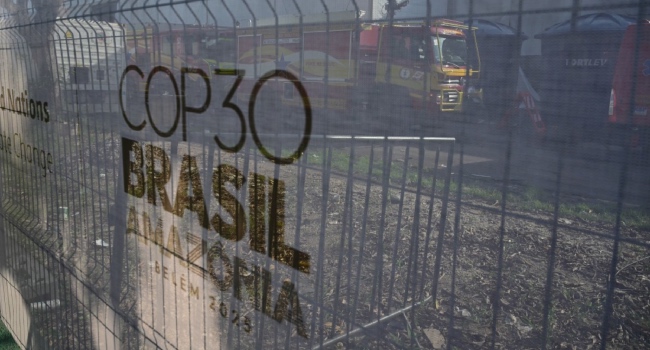
Sahara Group has said that scaling nature-based solutions across Africa will be critical to unlocking climate finance, accelerating adaptation, and strengthening the continent’s resilience as the world transitions toward a low-carbon future.
Speaking at the 30th Conference of the Parties to the UN Framework Convention on Climate Change (COP30) in Belém, Brazil, Tejumade Tejuoso, Governance and Sustainability Manager at Sahara Group, said the continent must be more deliberate in building systems that protect lives, livelihoods, and essential ecosystems.
“For Africa, this is a crucial moment to build strong resilience systems and access the right kind of financing,” she said. “We must transition in a way that benefits us, justly and responsibly, and that means keeping development firmly at the centre.”
Despite contributing minimally to global emissions, Africa continues to face disproportionate climate impacts, underscoring the urgency of responsible, well-financed, and development-aligned action.
Tejuoso noted that global negotiations present significant opportunities for African countries and private-sector actors to secure fair climate financing, deepen adaptation efforts, and strengthen regional climate-risk preparedness.
Highlighting Sahara Group’s Adopt-a-Forest initiative as a key component of the organisation’s nature-based interventions, she said the energy conglomerate is driving the restoration of critical forest and mangrove ecosystems across Africa with a target of planting a minimum of 1,000,000 trees across its operations.
She outlined Sahara Group’s ongoing interventions across key regions, including the restoration of a 34-hectare arboretum and facility upgrades at Banco National Park in Côte d’Ivoire; landscape regeneration efforts in Nigeria with 23,900 trees already planted; the rehabilitation of 15 hectares of degraded land in Ghana’s Juaso District; strengthened mangrove restoration activities in Kenya with 10,000 seedlings and 3,100 mature trees planted; and forest recovery programmes in Cameroon and Tanzania with approximately 2,000 trees planted to date.
“Our work is rebuilding natural ecosystems, enhancing carbon sequestration potential, and strengthening community resilience,” Tejuoso explained. “We are working to adopt as many forest areas as possible to help restore balance to the climate.”
READ ALSO: CNN Withdraws Stories From Apple News Feed
She emphasised the company’s early preparations for the new global sustainability disclosure standards (IFRS S1 and S2), which will become mandatory by 2028 for public-interest entities.
“We are already assessing our gaps and integrating these standards across our operations to ensure Sahara remains ahead of global requirements,” she said.


